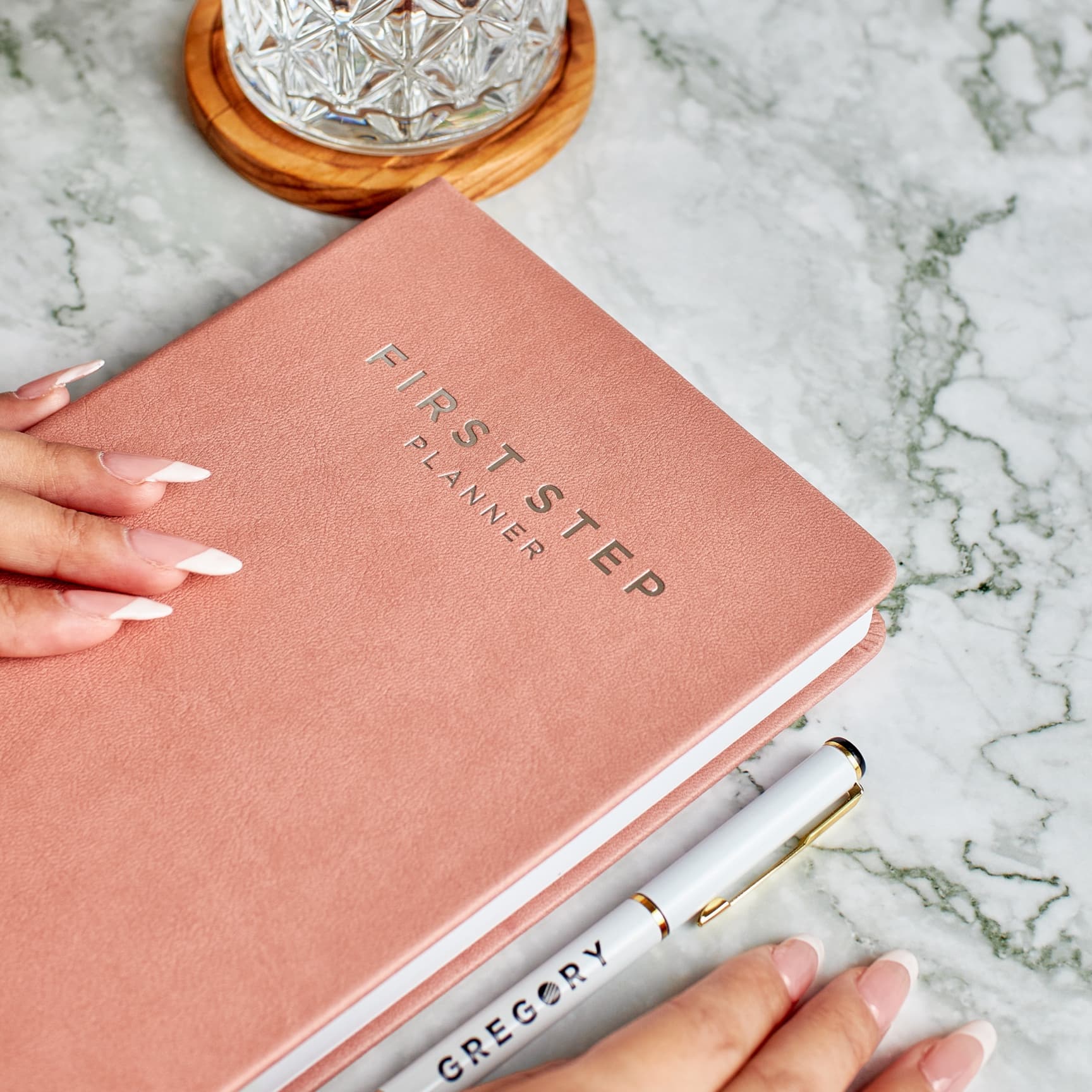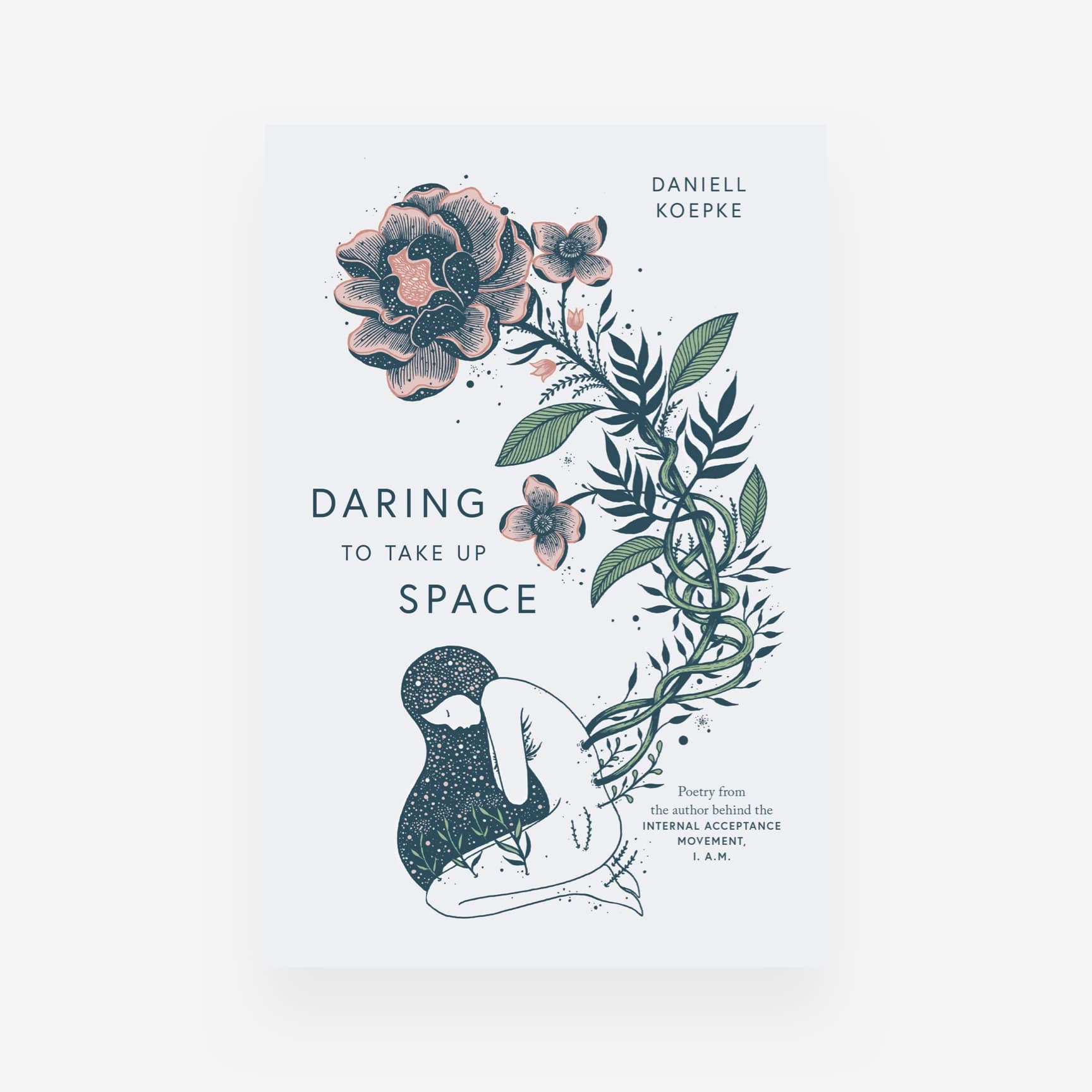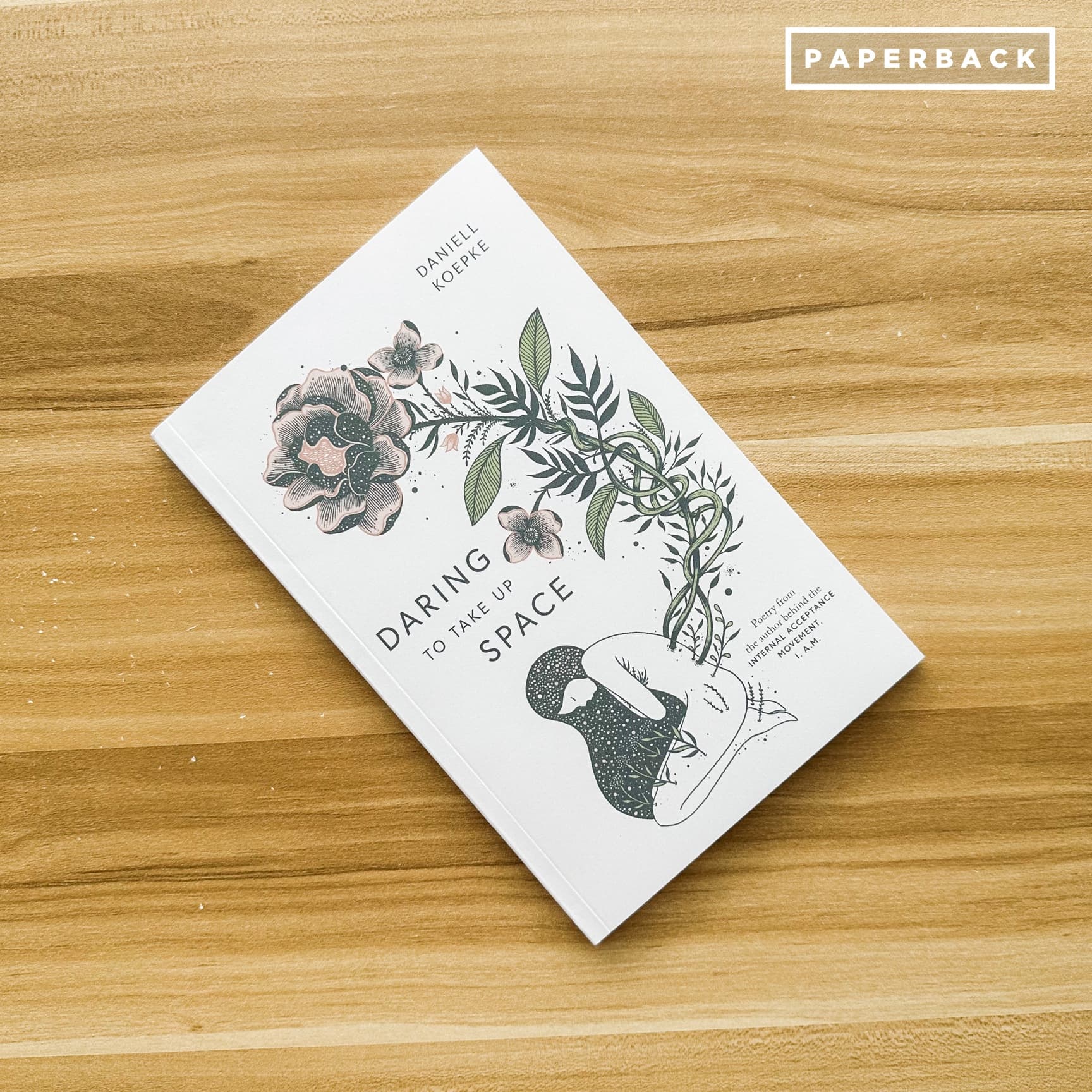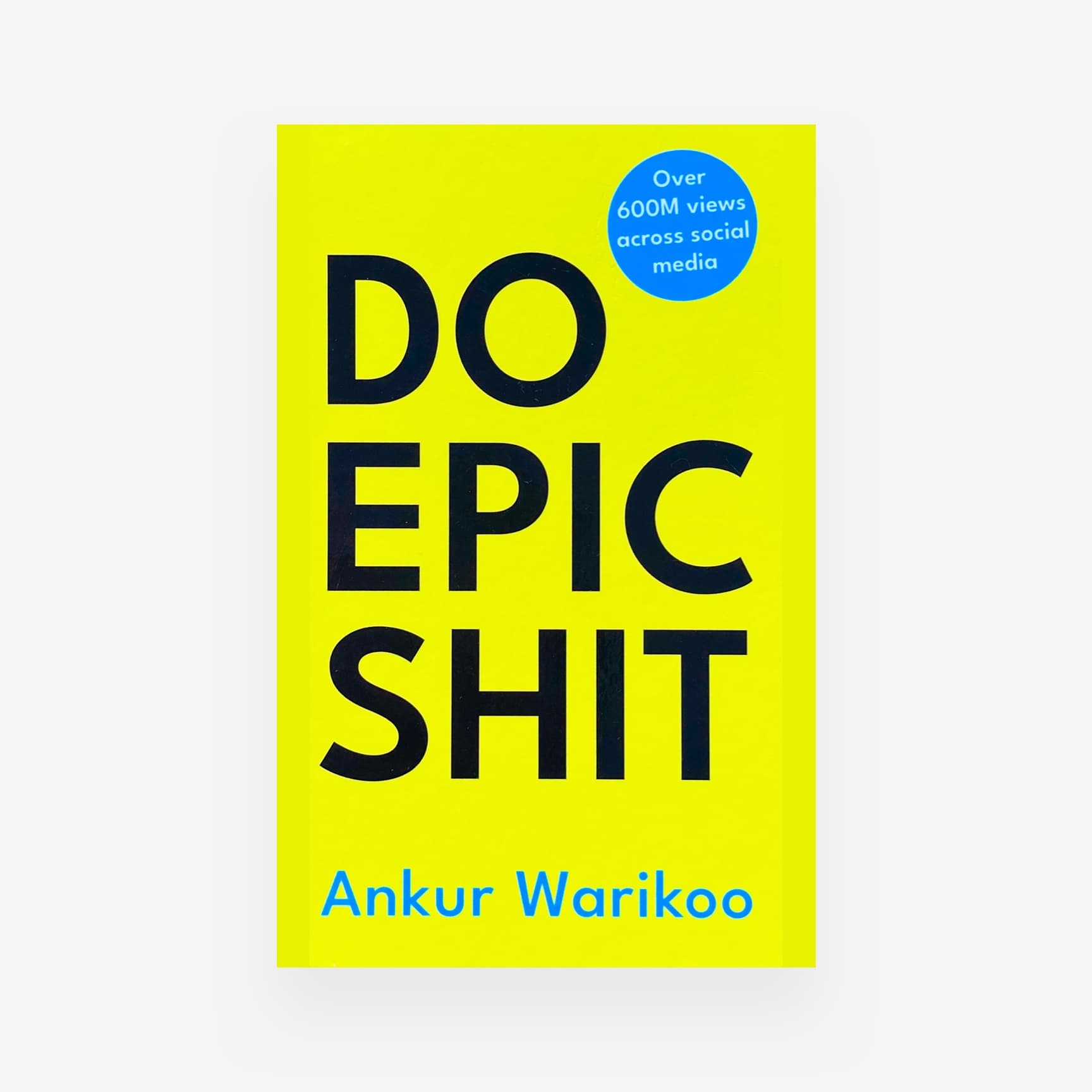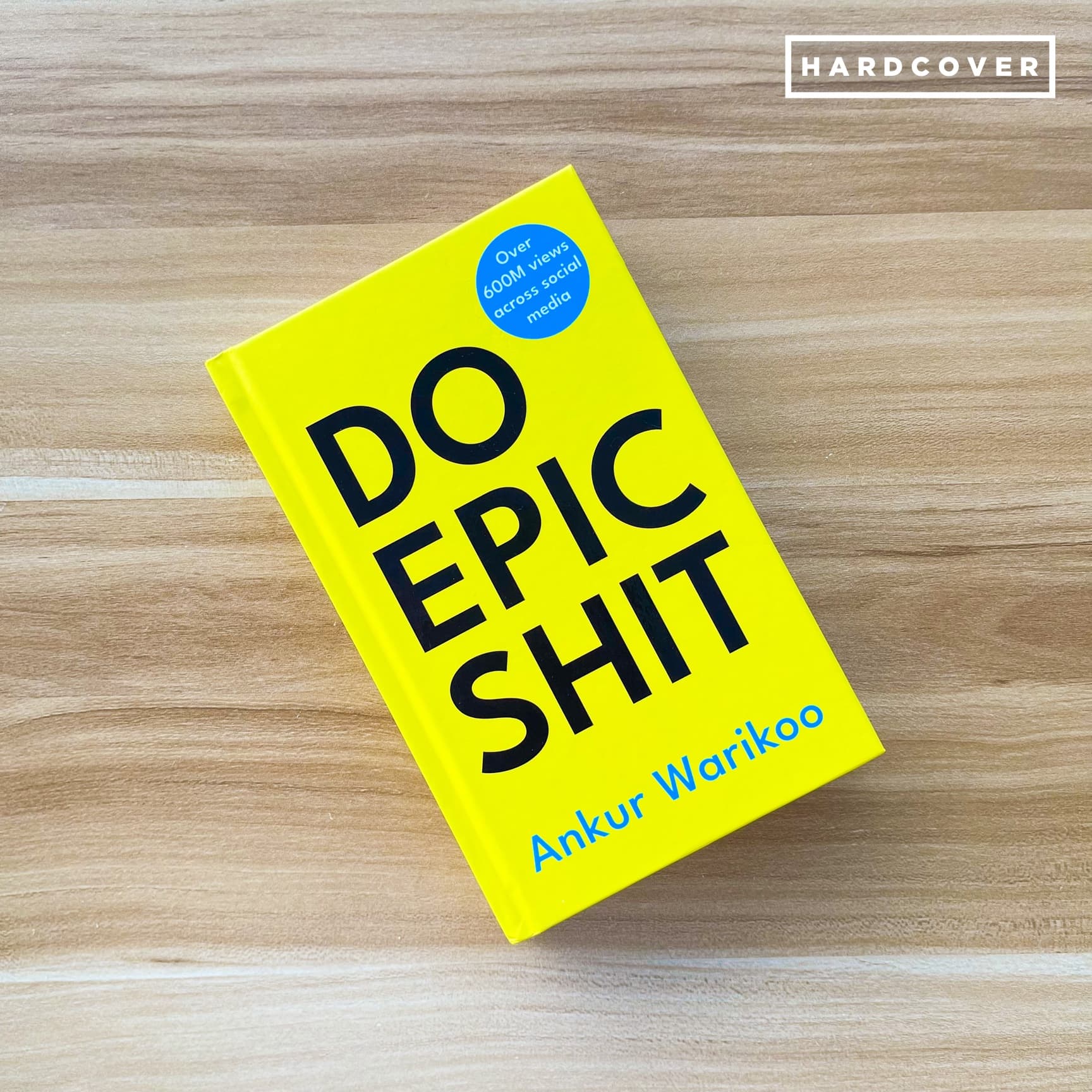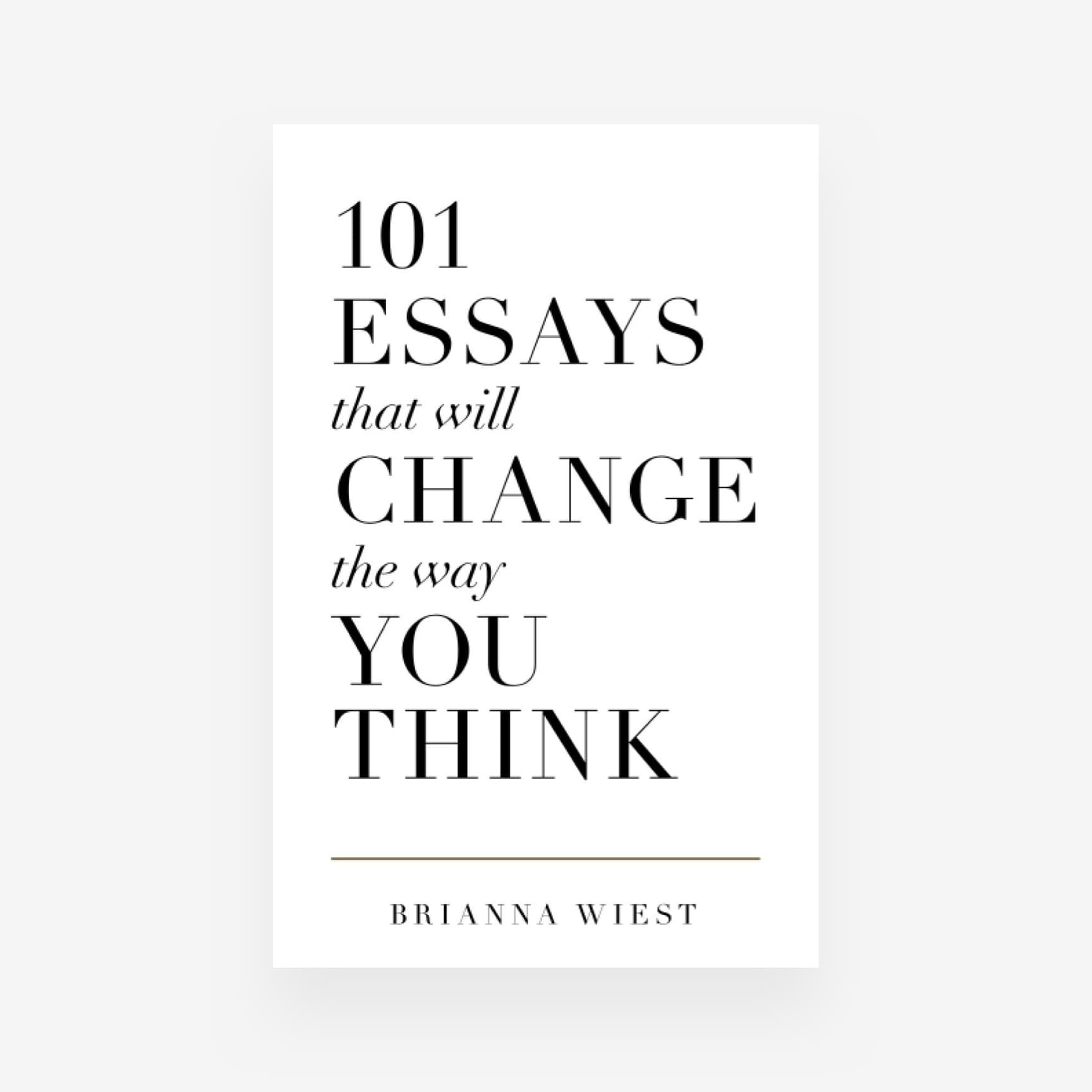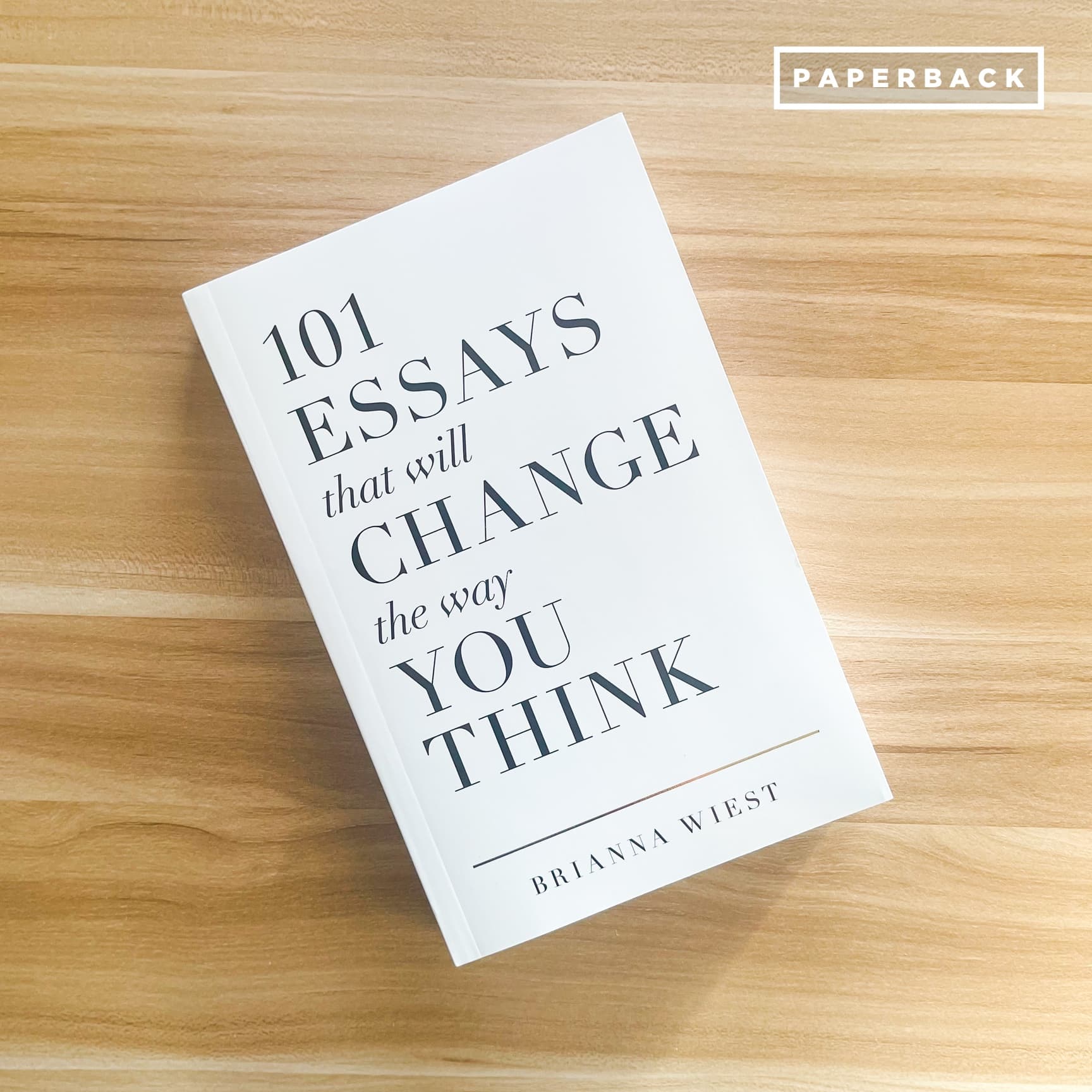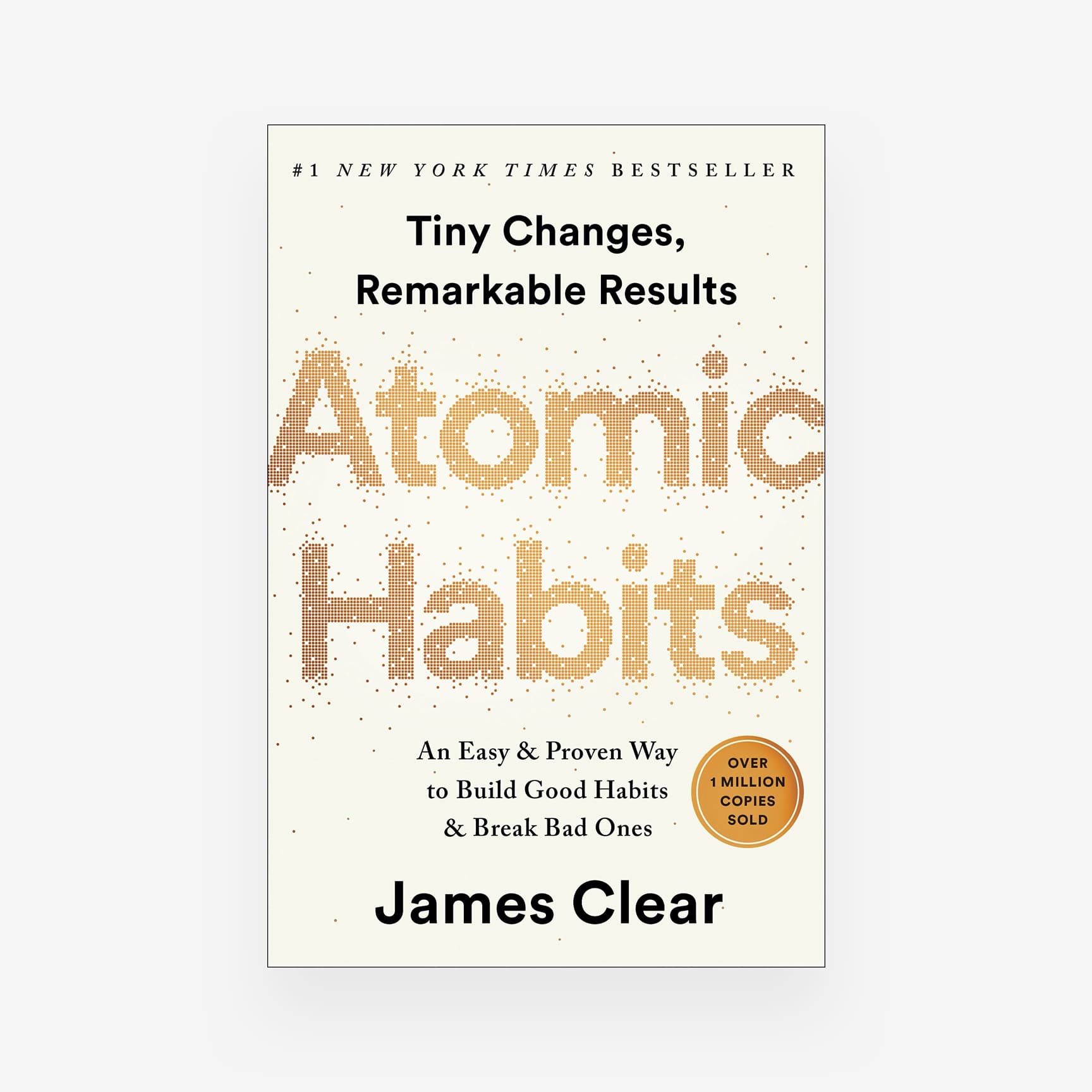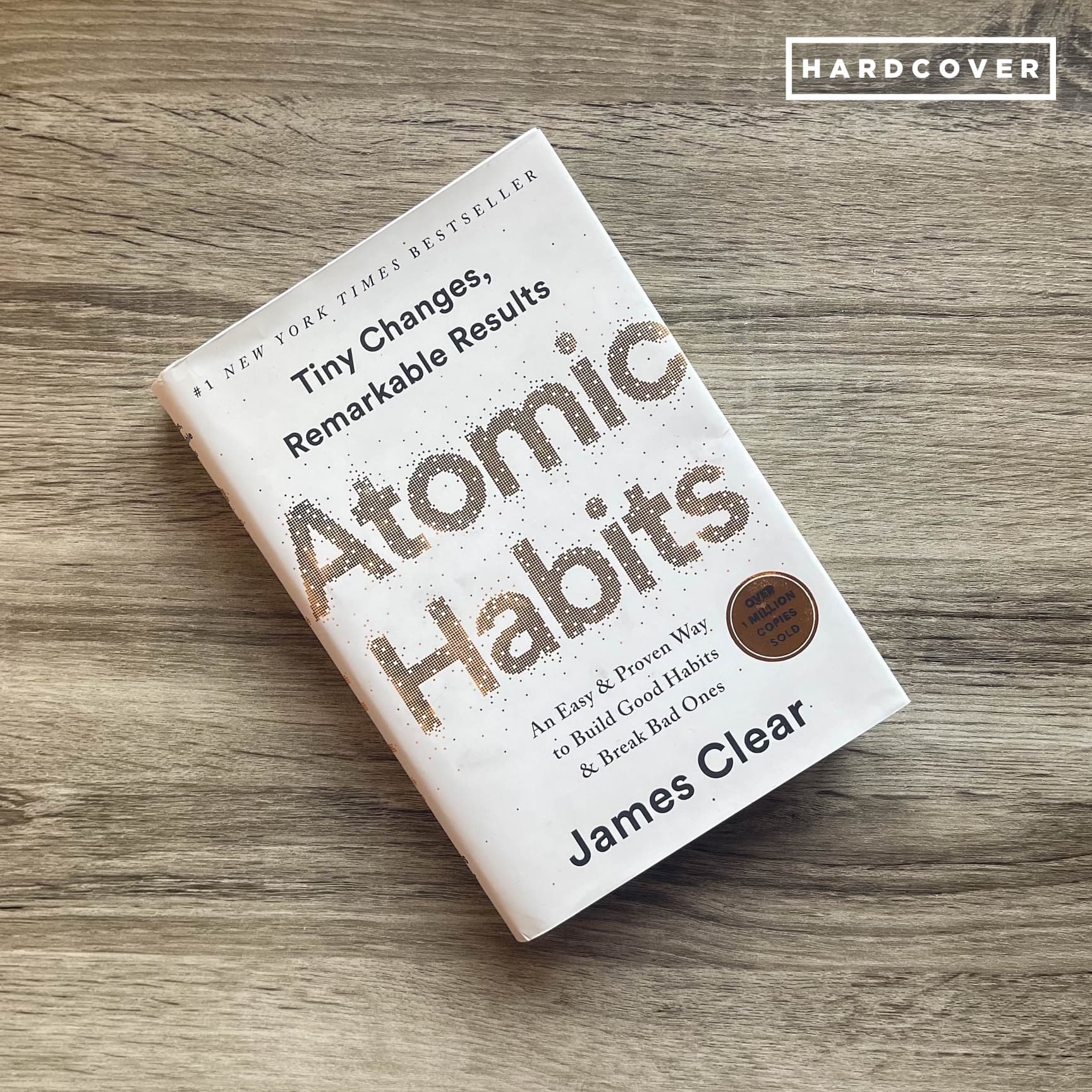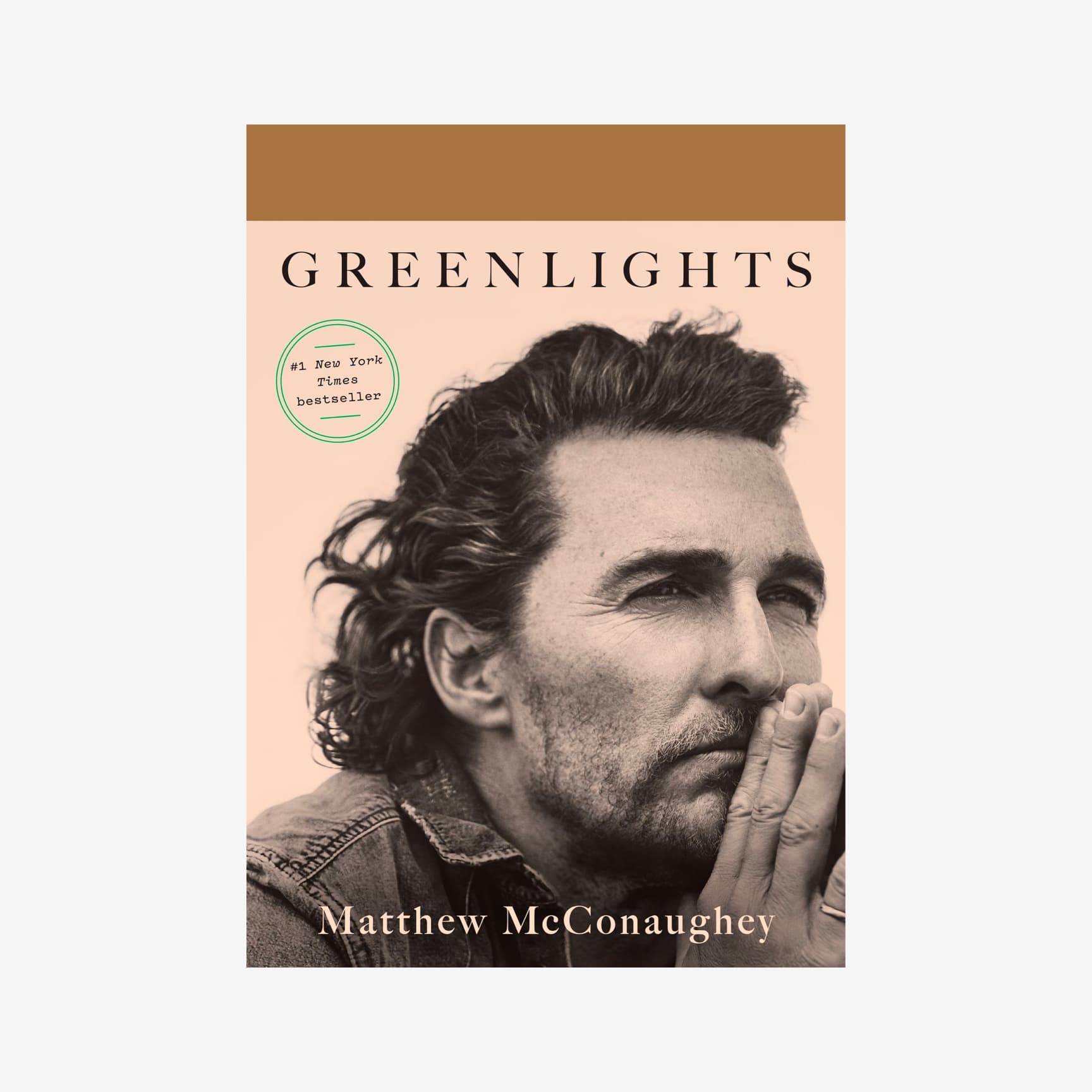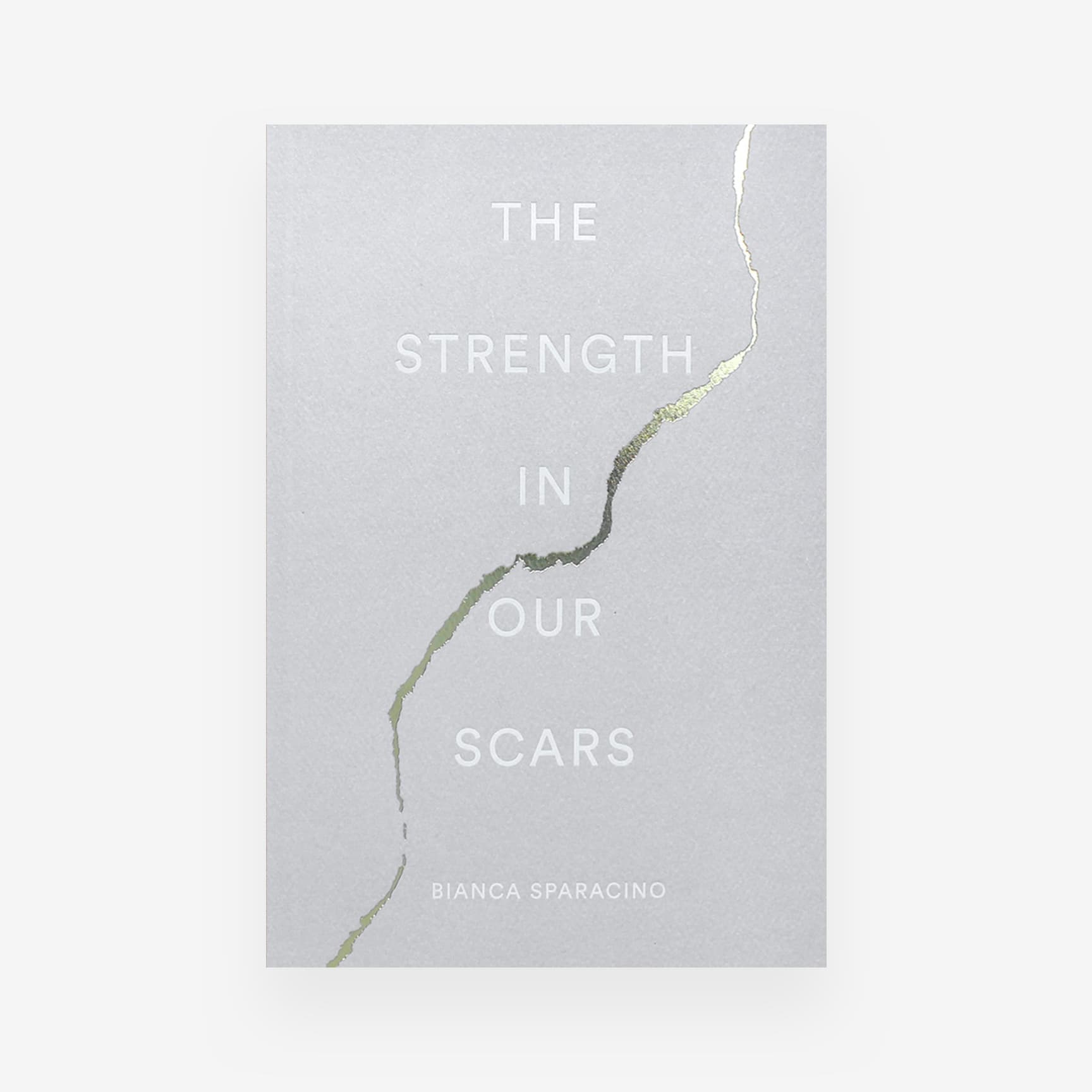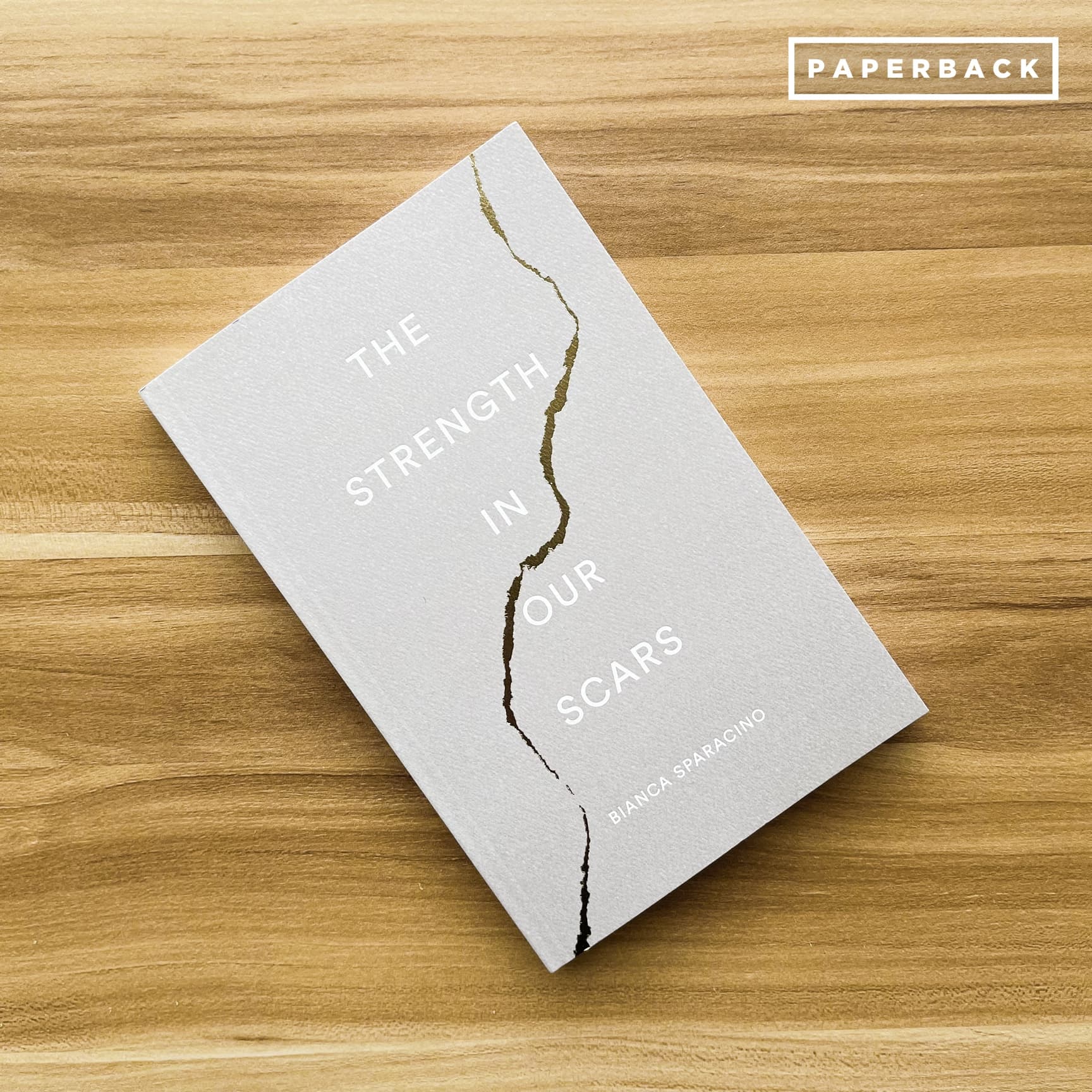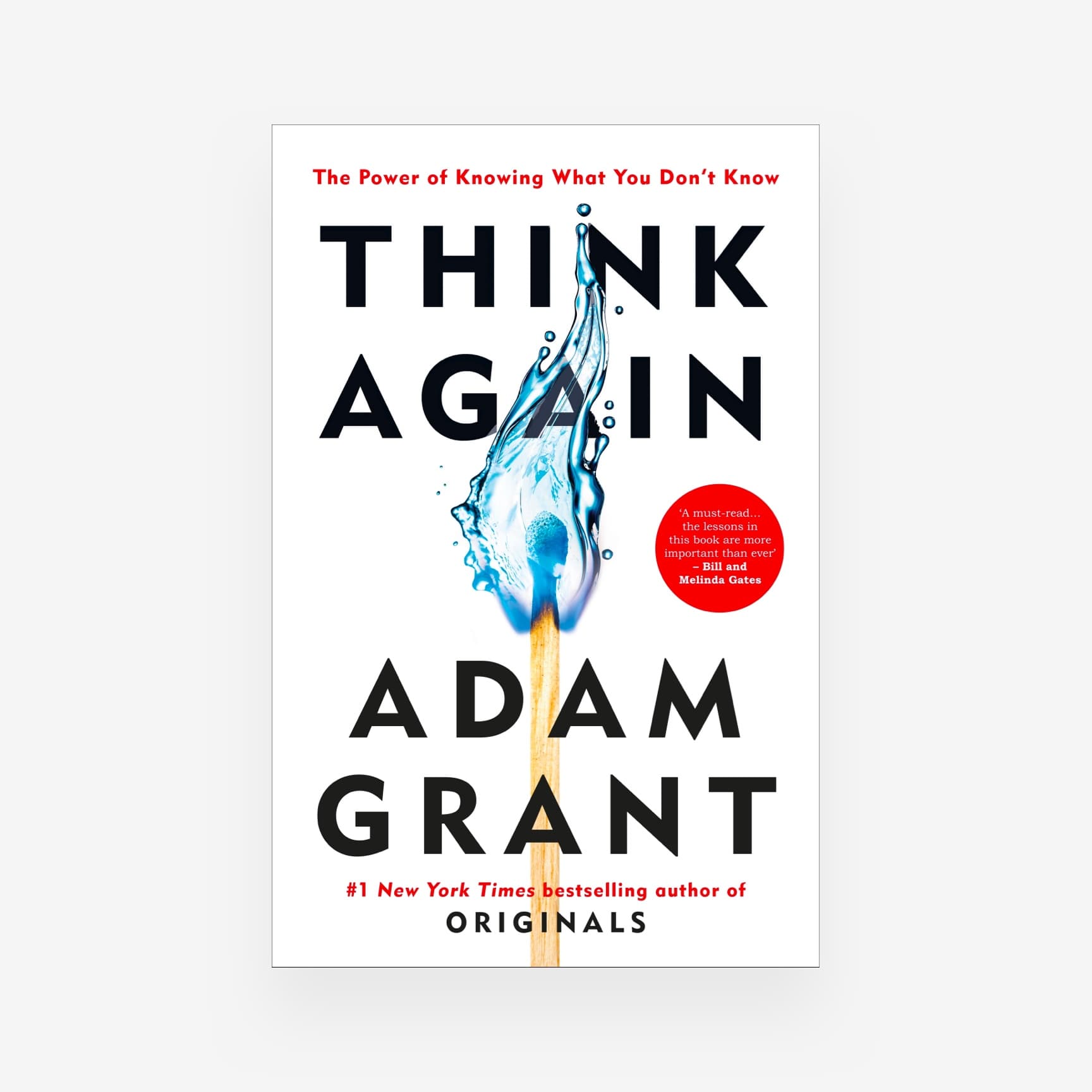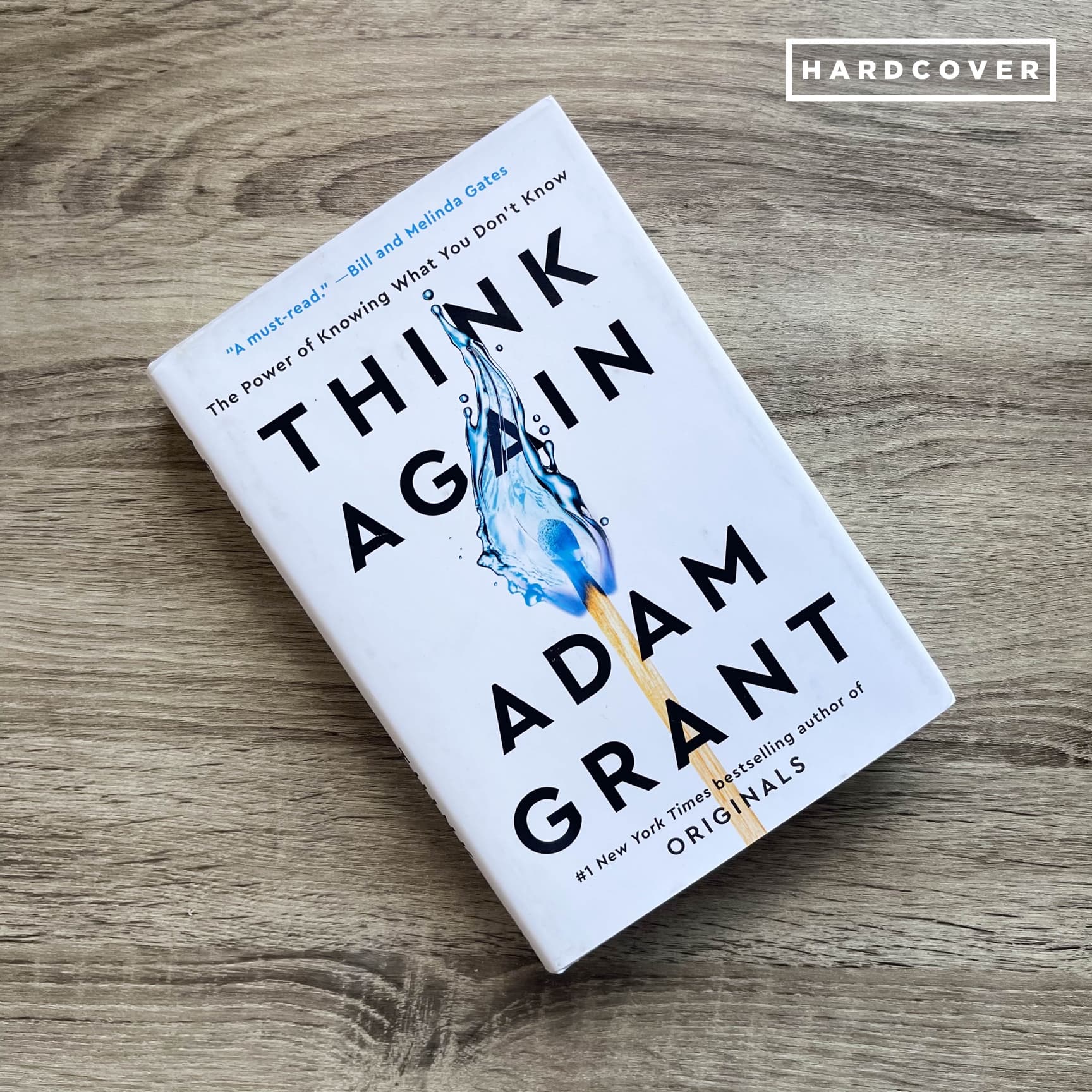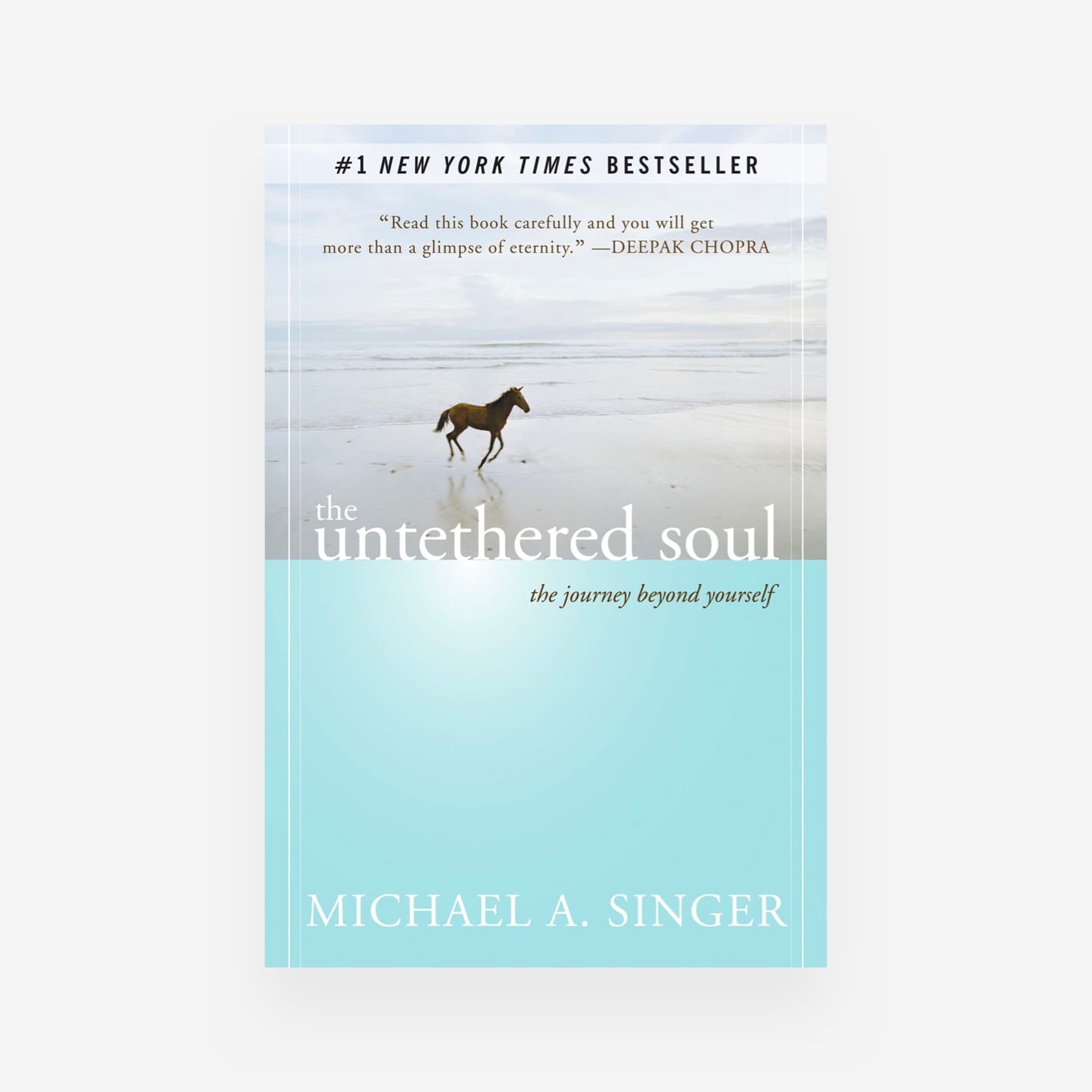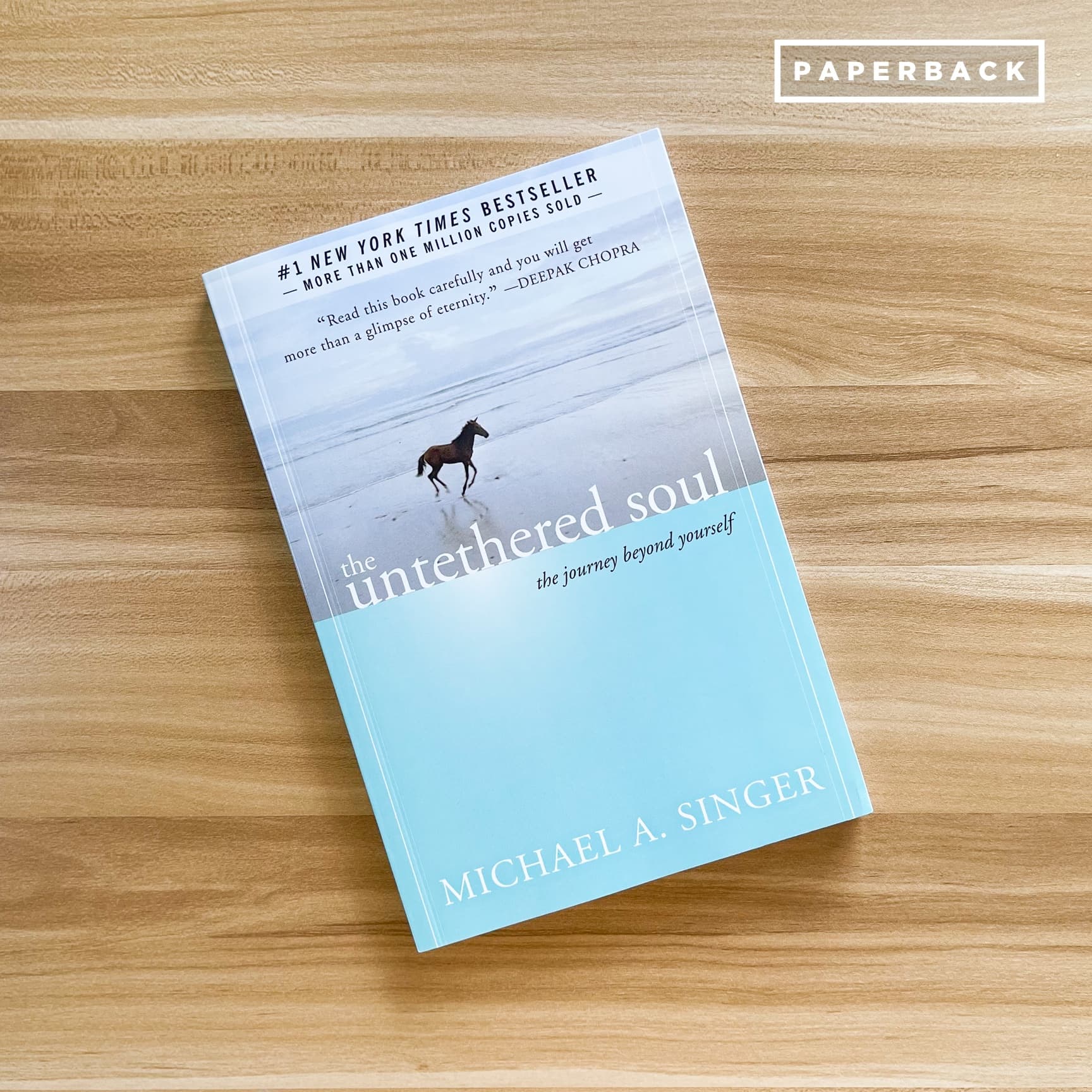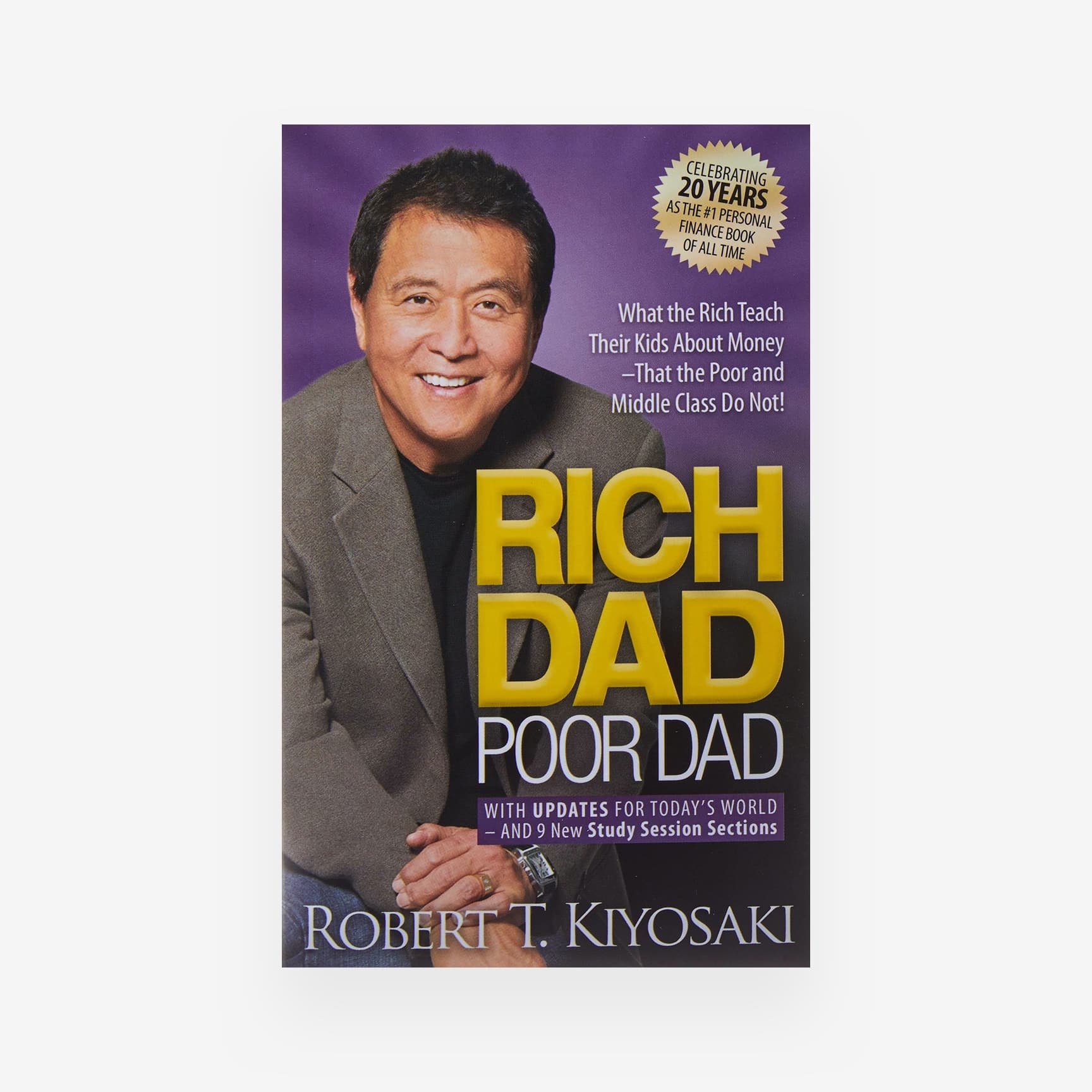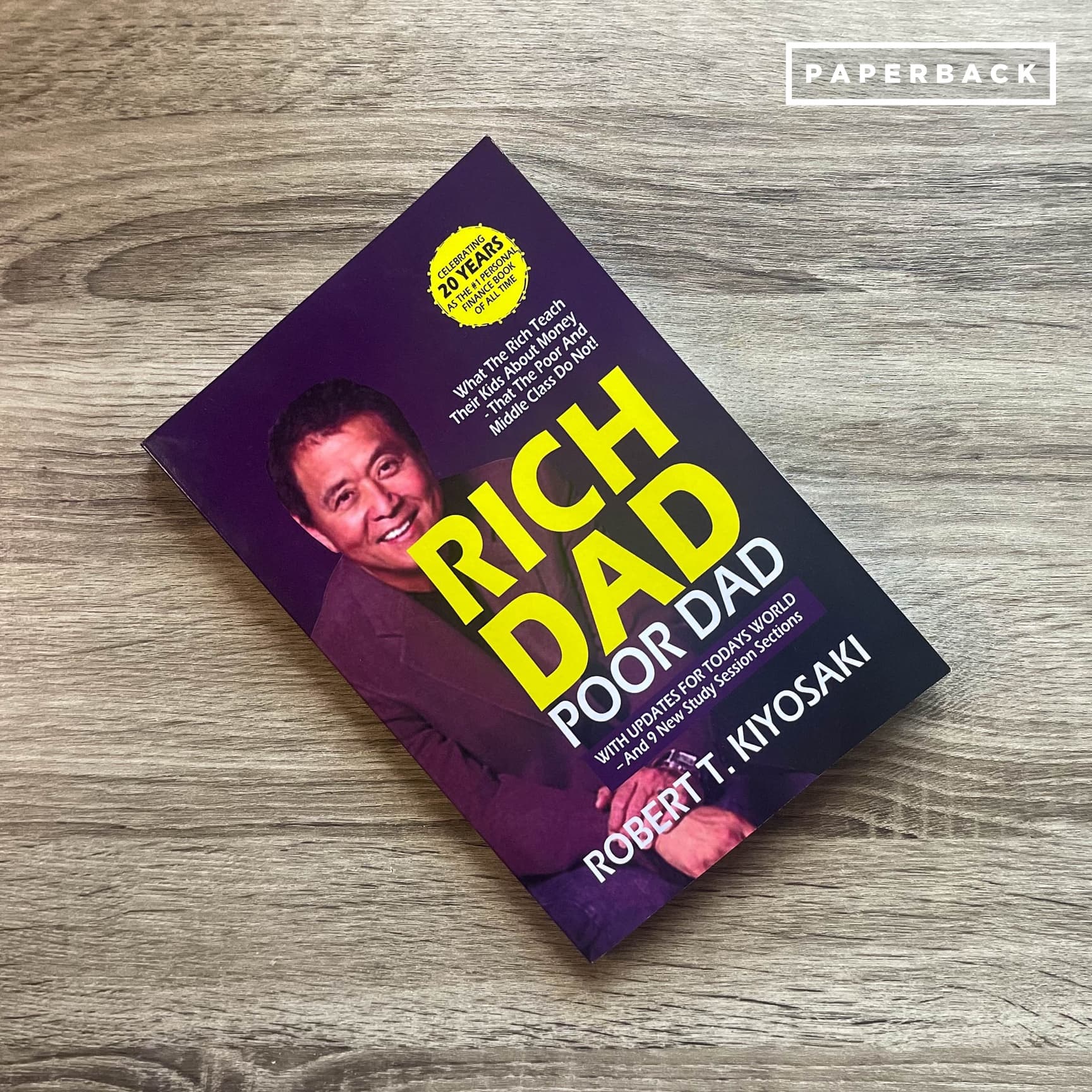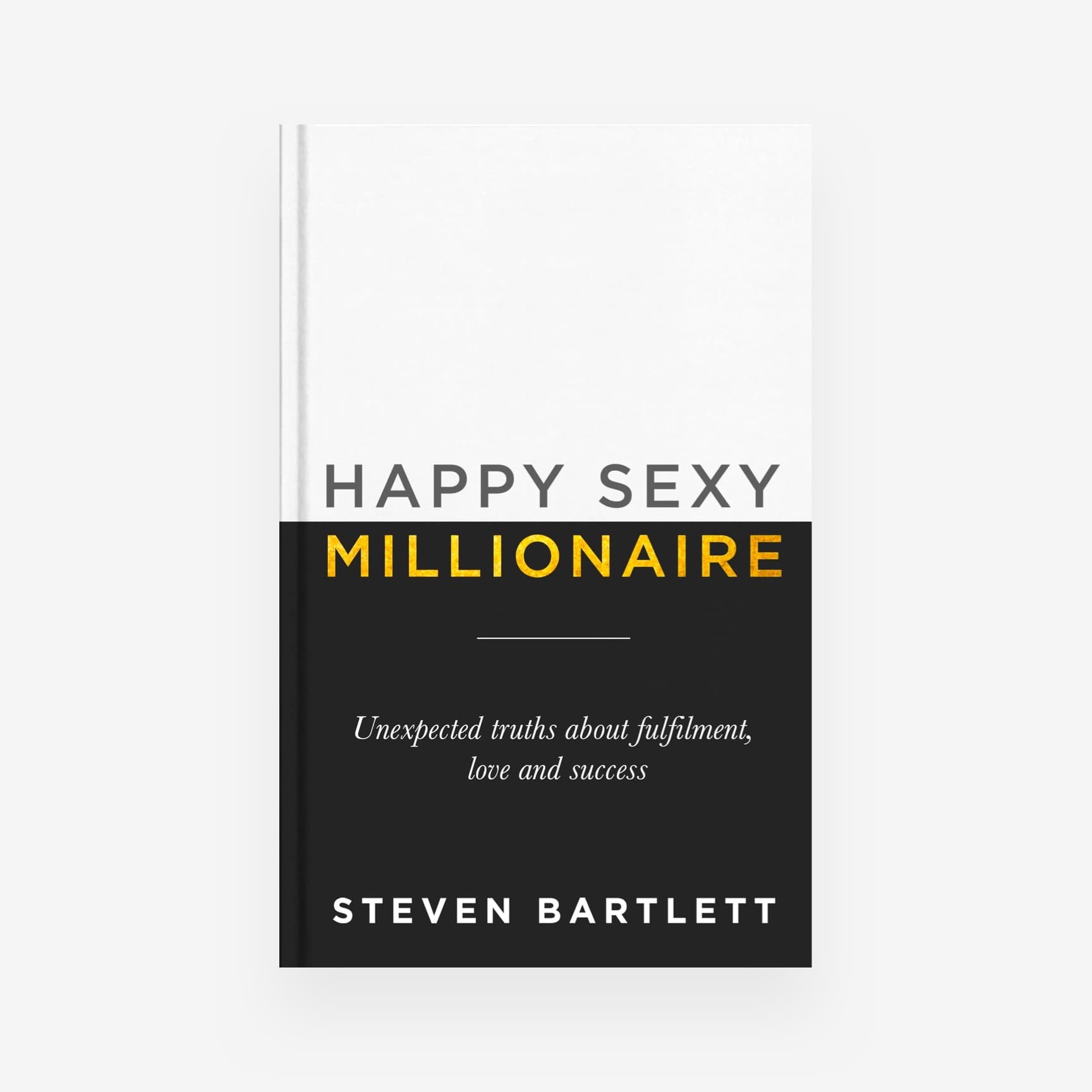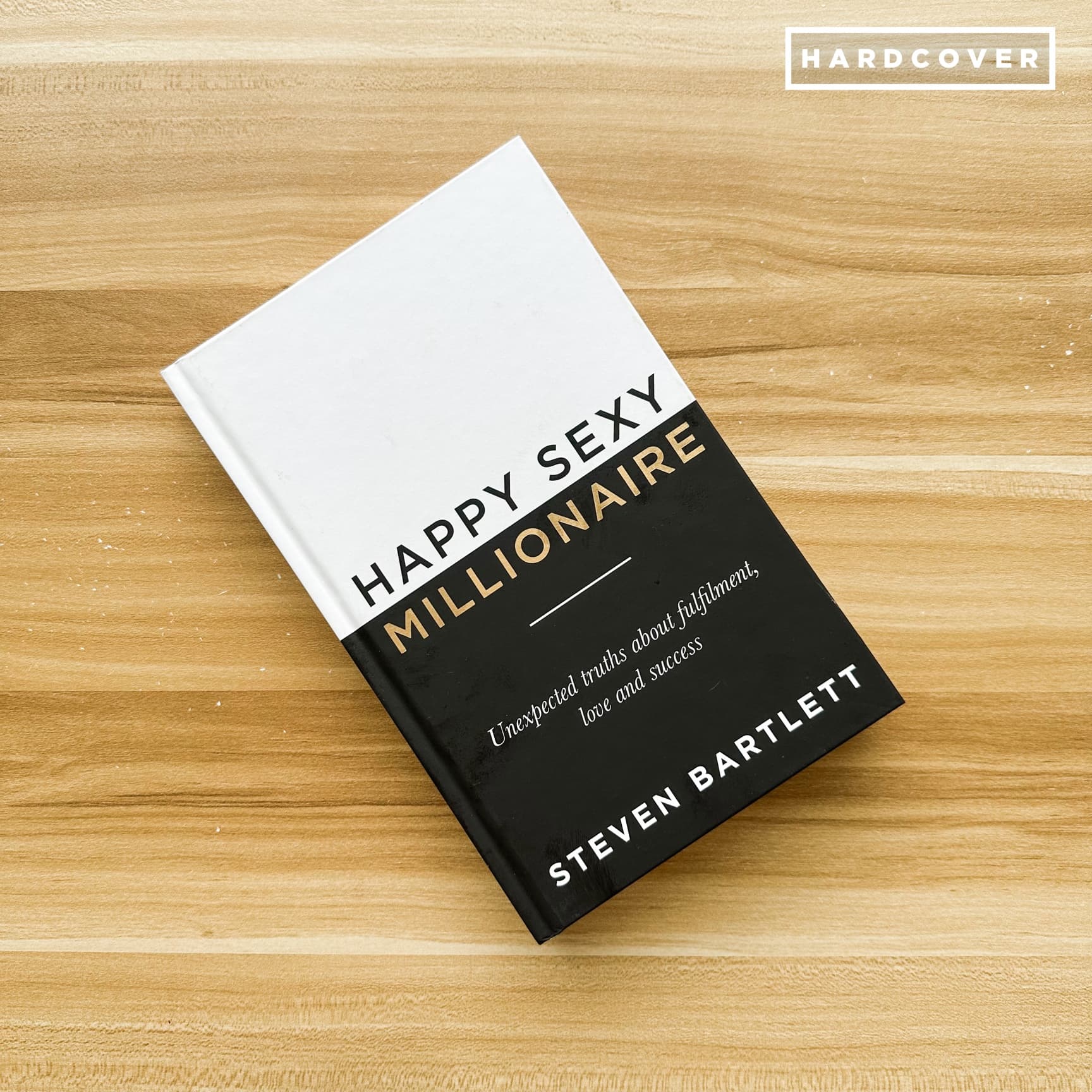How can I become the best version of myself?
At some point in your life, this is a question you have, perhaps, asked yourself. Whether you're buying or starting a business, preparing to be a parent, or getting married. Perhaps you want to master the art of 'self' — to develop benevolence, resilience, or greater patience.

Photo by Suzanne D. Williams on unsplash.com
Every voyage is guided by a captain— and that captain is YOU. Exploration is the best way to help identify what to decide amid a confusing variety of choices. Frankly speaking, we don't suffer from limited possibilities, but the overwhelming options paralyze us from making smart decisions.
To help conquer the fear of change and further encourage a worthwhile exploration, here are the 4-point list of questions to ask yourself:
1. Is it attainable?
Wistful thinking of, "It would be nice if..." is not a good indication of possibility. If rather, we focus on affirmation of achieving our goal— as if we have obtained it, it means that it is close at hand. Knowing what we want to guide us to stick with our goals to reach them. So, how do we change these assumptions to make them more achievable? The key is to believe and take action on our beliefs.
2. Is it familiar yet unique?
Familiarity helps you feel safer and be at ease; too much of it may lead to stasis. On the other hand, unfamiliarity in tiny doses of delights and surprises will bring you fresh, new perspectives. As such, huge doses of these create fear and anxiety. Academic research conducted by two professors at the Kellogg School of Management suggests that we tend to look for new knowledge to establish a solid foundation of our erudition.
3. Does it reflect my identity?
Exploring the in-depth areas of ourselves and the chances that have no clear connection to us right now gives us a sense of excitement. Those people who surround us are a major contributor to who we are right now. And, it becomes less intimidating to pursue a new learning curve if it resonates with our current self.
Again, the balance remains to be necessary. If we're to stick too much of who we are, there's only a tiny bit of progress. And, if we go beyond that, it may be too risky to be lost in a new identity.
4. Is it worth the cost?
Is what you'll gain adequate to balance the emotional and tangible costs of learning?
These learning curves appear both voluntarily and otherwise. As a result of those who recognize our potential or the circumstances, it gives us a push to change.
Terrified or thrilled, unforeseen or preplanned, it's a must to identify whether this particular learning curve is worth all the cost. Regardless if the reward may not seem more significant than the cost, do you have what it takes to add more numbers to it?

